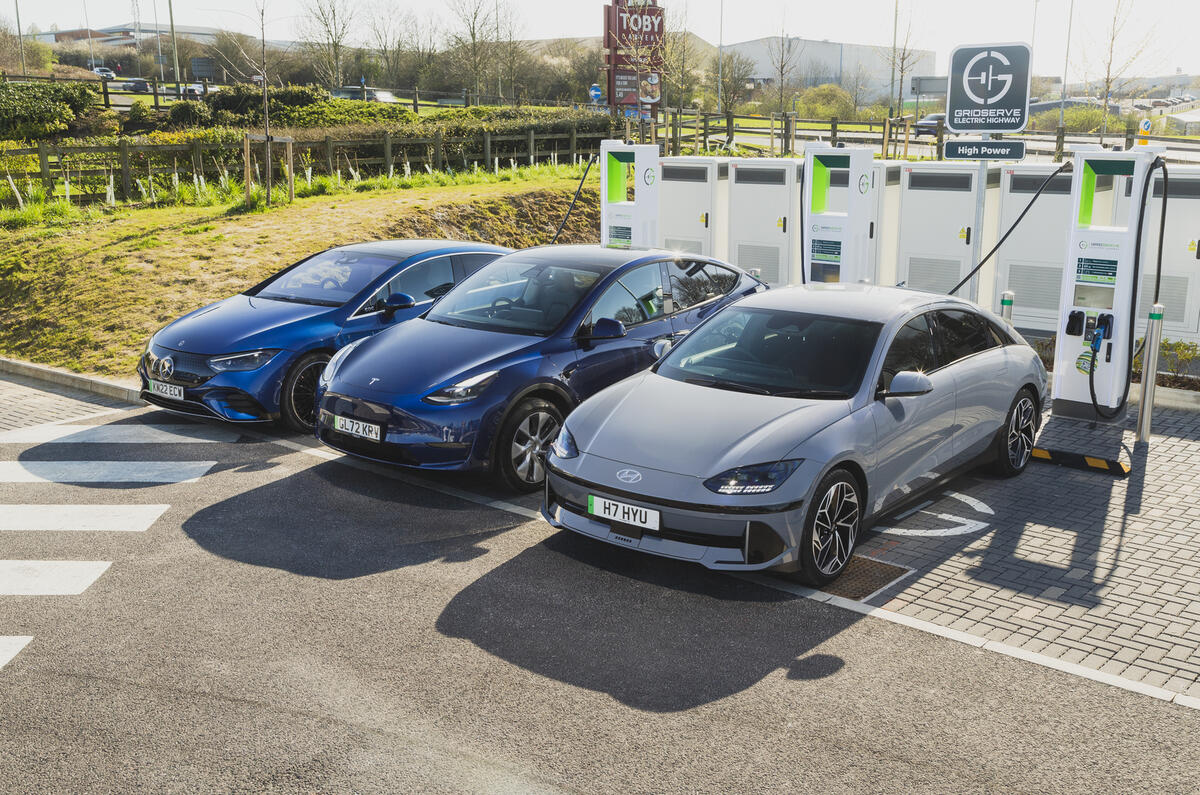The Autumn Budget must offer a shot in the arm for the UK’s flagging retail electric car market to shore up continued demand from fleets, experts have warned.
Scheduled for 26 November, the next Budget is unlikely to contain near-future policy changes directly targeting fleets, because low company car tax rates for electric cars and plug-in hybrid models are in place until 2030.
However, the plug-in car market relies on businesses – which accounted for 66% of new cars but 81% of EVs and 85% of plug-in hybrids in the first quarter of 2025, according to the Department for Transport (DfT). That’s largely sales to leasing companies, which then rent those vehicles to fleets.
Toby Poston, chief executive of industry body the British Vehicle Rental and Leasing Association (BVRLA) welcomed the new Electric Car Grant and ZEV mandate as measures to boost flagging retail demand but stressed that wider support is needed.
“The job is far from finished. Attention has been on supporting OEMs in pushing the supply of new electric cars. It must now turn to demand-side measures,” he told Autocar. “Such measures should span the new and used markets [as] both need to be in good health for the transition to succeed. The second-hand EV market needs support as supply is only going to accelerate.”
Poston believes broadening the Electric Car Grant, introducing standardised battery health checks and enabling benefit in kind (BIK) to reflect used values (instead of being tied to the list price when new) would all boost demand, with indirect benefits for fleets. Used EVs cost the same as their combustion counterparts, despite being 20% pricier when new, and the cost of that depreciation is reflected in higher monthly rentals.
Leasing companies want to see change too. Caroline Sandall-Mansergh, consultancy and channel development manager at Alphabet (GB), repeated the company’s calls for the Expensive Car Supplement – an additional £425 on top of the first five annual tax renewals, applied to EVs registered on or after 1 April 2025 – to accommodate EVs’ higher list prices.
Alphabet believes the price threshold should be raised from £40,000 to £60,000 and renewed annually as list prices fall. The average list price of the company’s EV order bank was £57,500 during 2024, while almost 80% were over £40,000. An adjustment was promised during last year’s Autumn Budget but it hasn’t been announced yet.
Sandall-Mansergh said: “The Budget would be a great time for the government to announce some form of industry-wide consultation on what the future of BIK might look like.
“Company car tax is based on CO2 emissions, but by the end of this decade virtually all company cars are going to be electric, which will create a tax deficit. Therefore, plans should be afoot on what will replace the existing structure.”
Matthew Walters, head of consultancy services at Ayvens, echoed calls for long-term visibility. The chancellor should, he said, focus on freezing VED and addressing high public charging costs to keep EVs competitive, while avoiding any “cliff-edge” tax policies as future BIK bands are set out.
He said: “Maintaining low BIK rates and salary sacrifice schemes is vital. These incentives are working well and should be protected. Stability in the ZEV mandate and [plug-in] hybrid tax rules is also important to avoid market disruption.”






Join the debate
Add your comment
"Show the next generation where it all began."
Don't just tell them about the "good old days"—show them. Play classic retro games from the NES and Arcade together, right in your browser.
The visuals are super stickman hook clean and colorful, which makes it easy on the eyes. Even after playing for a long time, it doesn’t feel overwhelming or chaotic. It’s like a soft, minimalistic snack of a game—light but satisfying.
The visuals are super clean and colorful, which makes it easy on the eyes. Even after playing for a long time, it doesn’t feel overwhelming or chaotic. It’s like a soft, minimalistic snack of a game—light but satisfying. stickman hook is also great for those boring school or work breaks. You can literally pick it up, play for thirty seconds, and put it down without losing progress or getting sucked into long missions. It respects your time, which not many games do.